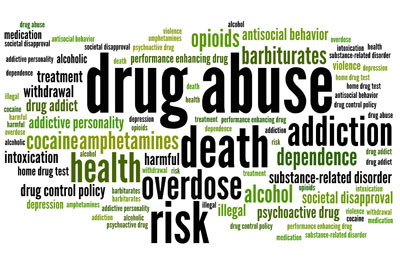

If someone is using drugs, it is likely that an intervention is necessary. While using a substance once or twice may not have an obvious impact on a person's life, continued use for several months can lead to dependency and then addiction. An intervention can help the individual take the first steps to seeking treatment.
Most likely, you are not overreacting. Many families wonder if they are reacting too quickly by addressing drug addiction. The reality is that there is no such thing. Addiction can spiral out of control incredibly fast and the sooner the individual seeks treatment, the better.
There are a variety of methods for an intervention. During an intervention, there is an opportunity to express feelings and emotions in regards to the loved one's addiction. There must be love and acceptance of the addicted individual, while there is disdain for the actual addiction. The individual needs to feel support and care from the family instead of an attack.
Consider how much more likely a person is to respond positively when they feel people care, rather than when they feel picked on or accused. This is why having a professional help with the intervention can be far more productive than attempting it at home.
Not at all. It is important for these meetings to be incredibly private and only have relevant people attend. Typically, an intervention will include the addicted individual, professional doctor and family members who wish to express their concern. Anyone who is outside the immediate circle of close friends and family will most likely not attend.
We can create a treatment plan that helps the individual to detox while maintaining a normal work and family routine. Due to the use of medication and outpatient therapy, we have helped numerous addicts to recover. It is easier at times to go through this method than for addicts to check themselves into a recovery facility.
The convenience of our program actually makes it more likely that an addict will respond by agreeing to receive treatment.
If someone you care for is in need of a drug abuse intervention, call our clinic for help. We understand how difficult it is to get help for someone you love when they may not want it for themselves. This is a delicate process and one that requires understanding. You can depend on us for that and so much more.
In the world of high-level pain killers, Percocet® is a very powerful and effective drug.…
Learning what drugs a substance abuse treatment center can treat is necessary, as not all…
Want to understand more about how drug addiction counseling works? The job of a drug…
When dealing with addiction, finding a good drug detox program is crucial for your long-term…
Relapse is a reality for most people in recovery. Although having a relapse prevention plan…
According to a survey by the National Institute on Alcohol Abuse and Alcoholism, roughly 17…